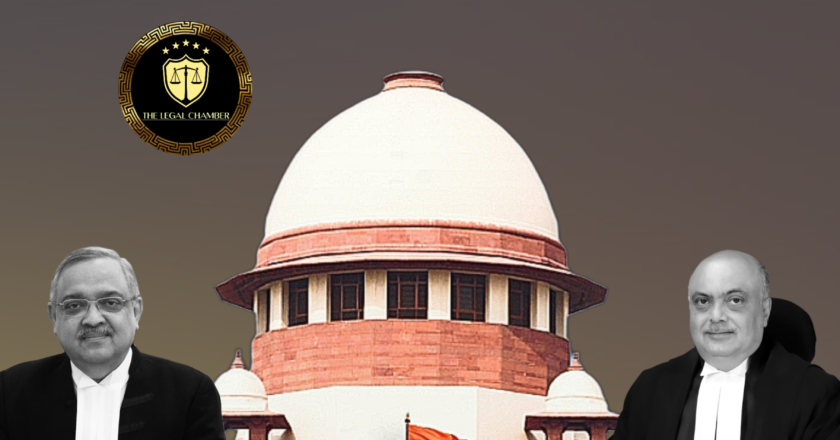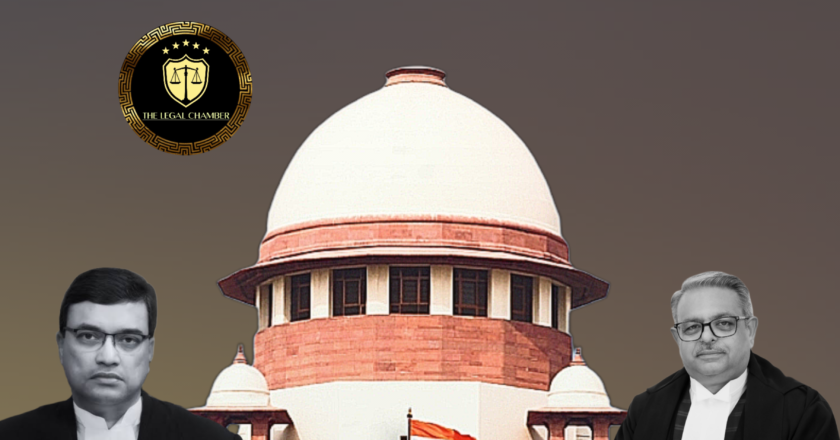Why a Poorly Drafted Plaint Can Derail Your Case: Lessons from a Recent Supreme Court Judgment
The Supreme Court held that even if a Will is proved, a prayer for mere injunction without seeking declaration of title is unsustainable when the plaintiff admits the defendant is in possession. The Court clarified that injunction against alienation is maintainable, but injunction against interference with possession requires a declaration of title and a prayer for recovery.
Facts Of The Case:
The dispute centered on a property originally owned by Rangaswamy Naidu. His daughter, Rajammal (respondent-plaintiff), filed a suit against her brother, Munuswamy (original defendant), seeking an injunction to restrain him from alienating the property and from interfering with her peaceful possession. She claimed absolute title under a Will dated 30.09.1985, by which her father had allegedly beque...









